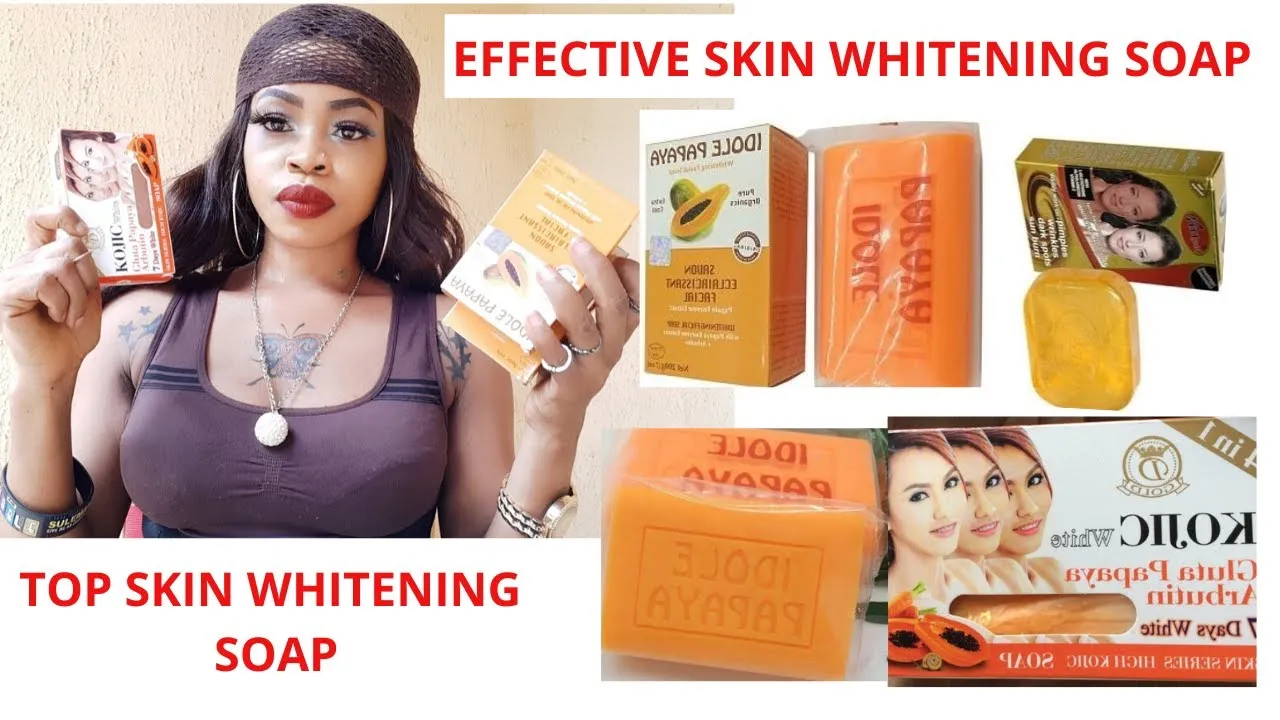What is Black Soap
Black soap, also known as African black soap, is a natural cleansing agent with roots in West Africa, particularly Nigeria and Ghana. It’s prized for its purity and versatility, differing greatly from commercial soaps laden with synthetic chemicals. The dark color is a hallmark, resulting from unique ingredients and production methods. This soap has gained global popularity due to its gentle cleansing and numerous skin benefits. Used for centuries, black soap remains a skincare staple in many cultures.
Origin and Ingredients of Black Soap
The origins of black soap can be traced to various West African countries. Key ingredients include plantain skins, cocoa pods, palm oil, shea butter, and ash. Plantain skins provide potash, essential for saponification. Cocoa pods can also be included as ingredients. Palm oil acts as a base and provides moisturizing properties, while shea butter enhances these benefits. Ash gives black soap its dark color and contributes to its exfoliating properties. This mix creates a soap rich in vitamins, antioxidants, and essential fatty acids beneficial for skin health. The specific blend varies by region and family traditions.
Traditional Methods of Making Black Soap
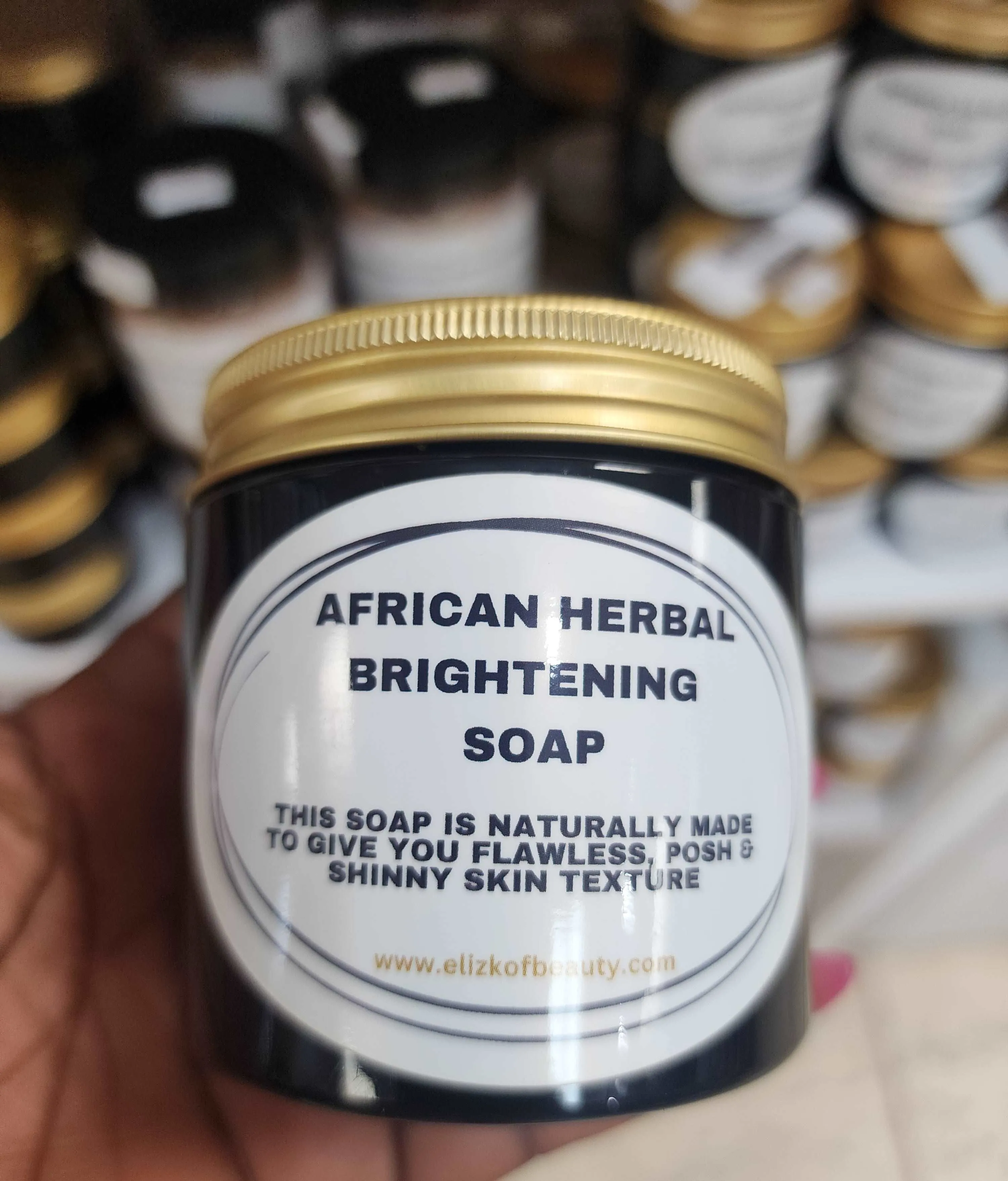
Traditional black soap production is a meticulous process, often passed down through generations. Plantain skins or cocoa pods are dried and burned to create ash. This ash is mixed with water and palm oil or other oils like coconut oil. The mixture is heated and stirred continuously for hours, allowing saponification to occur. Shea butter is frequently added to boost the soap’s moisturizing qualities. The mixture is then left to cure for weeks, allowing the soap to harden and stabilize its pH. The entire process is an art form, reflecting the region’s cultural and historical heritage, ensuring a natural, effective product.
Skin Benefits of Black Soap
Black soap is celebrated for its myriad skin benefits, making it a favorite for those seeking natural skincare. It is an excellent cleanser, removing dirt, oil, and impurities without stripping the skin of its natural oils. The exfoliating properties help remove dead skin cells, promoting smoother and brighter skin. Many users find it effective in reducing acne, eczema, and other skin conditions. Its rich concentration of antioxidants helps combat free radicals, potentially preventing premature aging. The gentle and natural ingredients also make it suitable for various skin types, even sensitive ones. Using black soap consistently can contribute to healthier, more vibrant, and balanced skin.
Whitening Properties of Black Soap
The term “whitening” can be a bit misleading; a better description is that black soap can help lighten skin tone and reduce hyperpigmentation. Manage expectations and understand limitations. While some black soaps contain ingredients known for their skin-lightening properties (e.g., honey, lemon), the core formulation doesn’t naturally whiten skin. The deep-cleansing and exfoliating qualities of black soap can help remove dead skin cells, reducing the appearance of dark spots and uneven skin tone, resulting in a brighter complexion. Select soaps without harsh chemicals. The effectiveness depends on the ingredients and consistent use.
Understanding Skin Whitening
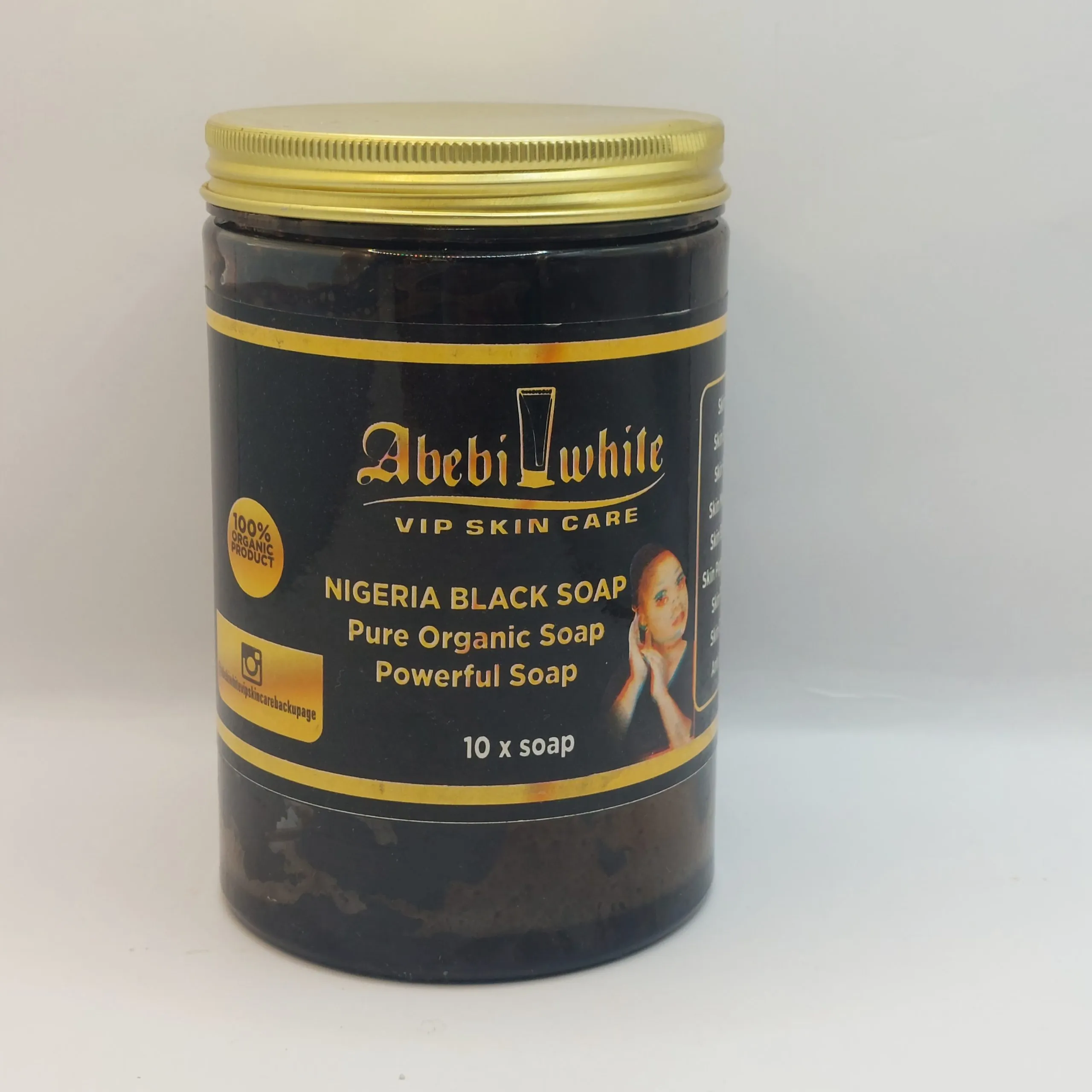
Skin whitening, also called skin lightening or bleaching, involves reducing melanin production to achieve a lighter skin tone. Melanin gives skin its color; its production is influenced by genetics, sun exposure, and skin conditions. Products designed for skin whitening often contain active ingredients that inhibit tyrosinase, an enzyme involved in melanin production. These products may also include ingredients that exfoliate the skin, removing darkened cells and revealing newer, lighter skin underneath. It’s important to understand potential risks associated with skin-whitening products, such as irritation and adverse effects, and to make informed decisions.
How Black Soap Aids Skin Whitening
Black soap’s exfoliating action is a key factor in achieving a lighter complexion. By removing the top layer of dead skin cells, which can often contain accumulated melanin, black soap reveals a fresh layer of skin that may appear brighter and more even-toned. Some black soaps incorporate natural skin-lightening ingredients (e.g., honey or lemon), which contribute to the whitening effect. The deep cleansing also helps reduce blemishes and dark spots. Regular use, combined with other skincare practices, helps maintain a brighter, healthier skin tone. Black soap alone is not a powerful skin-whitening agent; its primary contribution is exfoliation and cleansing.
Top 5 Whitening Black Soaps in Nigeria
The Nigerian market offers various black soaps, each with unique formulations and benefits. Research is essential when choosing a whitening black soap. Look for soaps that combine traditional ingredients with natural lightening agents (e.g., honey, lemon extract). Prioritize soaps made with high-quality, natural ingredients. The following highlights five of the best whitening black soaps in Nigeria. Note that availability and formulations may vary; verify ingredients and reviews before purchasing. Compare different options to find what suits your skin. This section will help you choose from the many options in the market.
Black Soap 1 Details
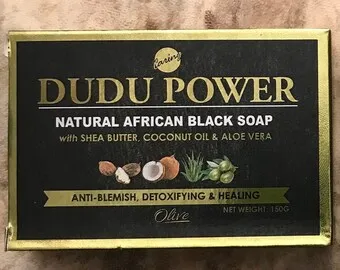
This section details ingredients, benefits, and customer reviews of the first black soap. Look for ingredients like honey, lemon, or licorice extract, as these often promote skin lightening. Check for certifications or assurances of natural sourcing and ethical production. Look at the brand’s reputation and customer feedback to assess the soap’s effectiveness and suitability for different skin types. This section is all about giving potential users the information needed to decide if the soap is right for them. The goal is to provide you with all the details needed.
Black Soap 2 Details
This section reviews the second black soap, discussing key ingredients, advantages, and user reviews. Focus on differentiating it from the first option. Look at additional ingredients, production processes, and distinct advantages. Use this area to evaluate how it meets different skincare requirements and preferences. Comparing various options helps consumers make informed selections based on their specific skin care objectives, and this section offers that. Customer testimonials and feedback will also be included for additional help.
Black Soap 3 Details
This section focuses on the third black soap, providing a detailed analysis of ingredients, benefits, and consumer reviews. Examine this soap’s unique qualities. Consider cost, accessibility, and the brand’s availability in Nigeria. User testimonials are very important, offering real-life insight into performance and efficiency. This analysis offers customers a comprehensive understanding of this product. This will allow consumers to compare what is offered. The benefits and drawbacks will also be included for a better analysis.
Black Soap 4 Details
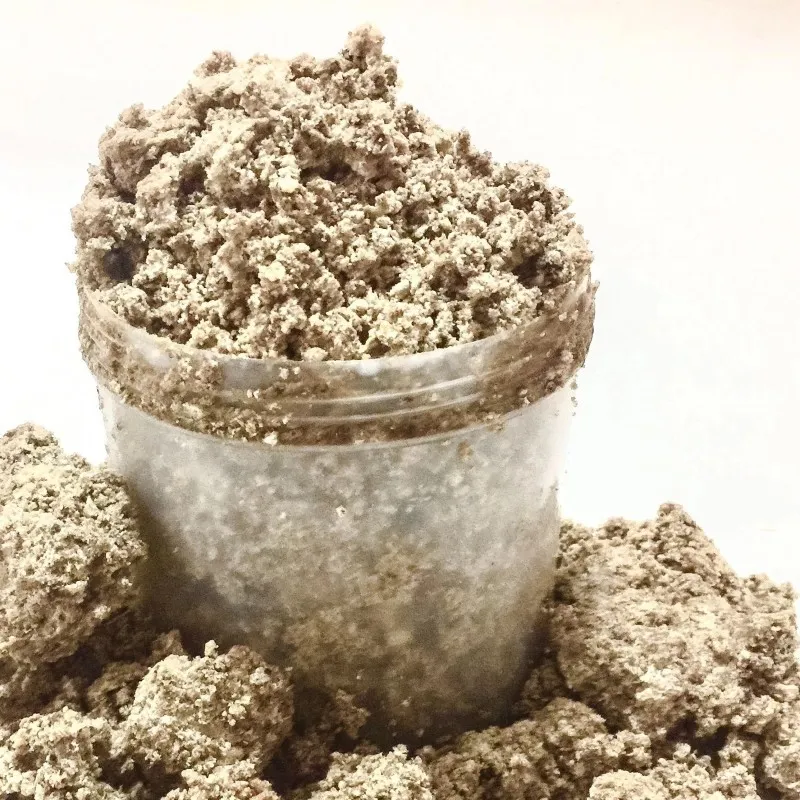
This section focuses on the fourth black soap, emphasizing ingredient composition, advantages, and customer feedback. Pay close attention to special characteristics. Look into ingredient sourcing, processing techniques, and potential advantages. Evaluate customer feedback for a sense of efficiency and general happiness. This section provides a comprehensive overview of the fourth black soap, comparing it to other soaps that are available. All the pros and cons will be presented in this section so that consumers can have a clear understanding.
Black Soap 5 Details
This section provides an in-depth analysis of the fifth black soap, covering ingredients, advantages, and consumer feedback. Examine key qualities and specific components that promote skin whitening. Check the reviews and ratings for performance indications. Include information on availability and cost. The goal is to provide a comprehensive review to help readers select the best soap based on their needs and skin type. This section will cover the soap as a whole.
Factors to Consider when Choosing Black Soap
When choosing black soap, consider several factors. Check the ingredient list: Look for natural ingredients like plantain skins, cocoa pods, shea butter, and palm oil. Ensure the soap lacks harsh chemicals, synthetic fragrances, or artificial colors. Assess the brand’s reputation and read user reviews to evaluate effectiveness and potential side effects. Consider your skin type, as some black soaps can be drying. Opt for soaps with fewer ingredients to minimize irritation for sensitive skin. Choose a product aligned with your values, such as sustainable sourcing and ethical manufacturing practices. Knowing the ingredients will allow for a better choice to be made.
Skin Type and Black Soap Selection
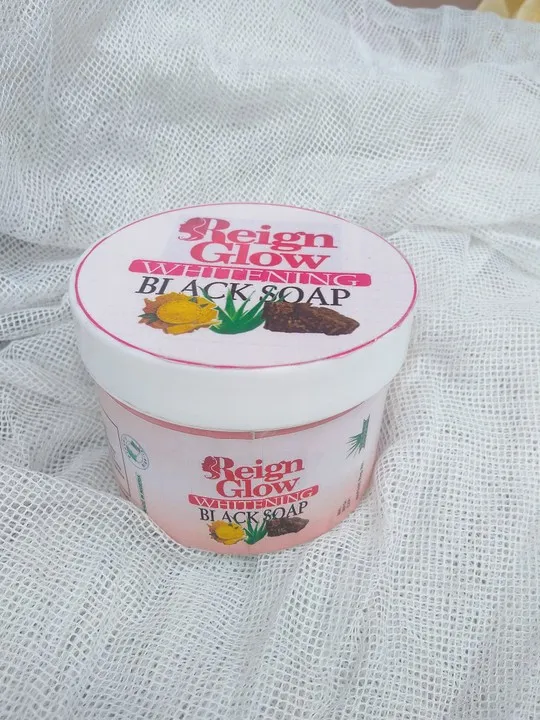
Your skin type is a key consideration. For oily skin, black soap’s deep-cleansing properties help remove excess oil. Those with dry skin should choose black soaps with moisturizing ingredients like shea butter or coconut oil. For combination skin, balance is key; find soaps with moisturizing and exfoliating properties. Sensitive skin needs gentle, hypoallergenic formulations with fewer ingredients to minimize irritation. Test new black soap on a small skin area before applying it all over your face or body. Adjust the usage frequency based on how your skin responds, and always apply moisturizer. Tailor your selection to suit your skin and the results you wish to achieve.
Ingredients to Avoid in Whitening Black Soap
Avoid soaps with harsh chemicals, synthetic fragrances, and artificial colors. Avoid hydroquinone (a skin-lightening agent with potential health risks) and mercury (can cause toxicity). Also, avoid high concentrations of exfoliating agents (e.g., AHAs, BHAs), which can lead to irritation and sensitivity. Prioritize natural, gentle ingredients to prevent skin damage. Always check the ingredient list carefully and research unfamiliar compounds. Be knowledgeable on ingredients is very important. Look for those that do not have harsh chemicals or are known to cause skin reactions.
How to Use Black Soap for Whitening
Proper use is crucial for best results. Wet your skin with warm water and apply the soap gently using your hands or a soft washcloth. Avoid scrubbing too hard to prevent irritation. Allow the soap to sit for a few minutes to let the active ingredients work. Rinse thoroughly and pat dry. Always apply a moisturizer afterward. Cleanse daily, but start a few times per week to see how your skin reacts. Adjust the frequency based on your skin’s needs and what you are trying to achieve. A patch test is recommended before full use.
Daily and Weekly Routines
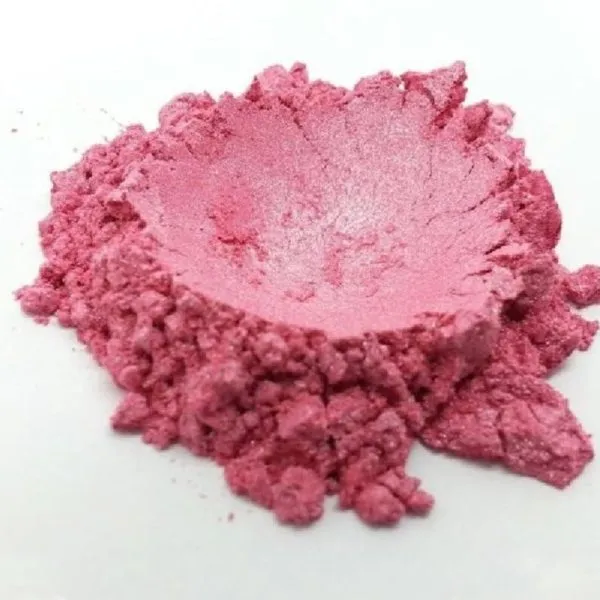
Incorporate black soap into your skincare routine for optimal results. Use black soap once or twice daily for cleansing, followed by a gentle moisturizer. In the morning, cleanse with black soap and apply a lightweight moisturizer with SPF. In the evening, cleanse with black soap and apply a richer night cream. Once or twice weekly, use black soap as part of an exfoliating treatment, followed by a face mask. Consistent use of black soap will help maintain healthy, radiant skin. This approach will give the best outcome for the desired results.
Precautions and Side Effects
While black soap is generally safe, be aware of potential precautions and side effects. Some may experience dryness; apply a richer moisturizer. The soap’s exfoliating properties can make skin more sensitive to sunlight; use sunscreen. Discontinue use if you notice irritation, redness, or adverse reactions. Always perform a patch test before full application. Choose natural black soap and avoid products with harsh additives. Being mindful of these precautions will give the best results. Always stop use if reactions occur.
Maintaining Skin Health After Whitening
Maintain skin health by following good skincare practices. Continue to use black soap for cleansing, adjusting frequency based on your skin’s needs. Keep skin hydrated with a high-quality moisturizer daily. Protect from sun damage by using sunscreen with a high SPF. Adopt a healthy lifestyle (balanced diet, sleep, and water). Incorporate serums with antioxidants or ingredients like Vitamin C. Consult a dermatologist regularly to monitor skin’s condition. Long-term care is essential. Always follow the steps to achieve the best results.
Additional Skincare Products
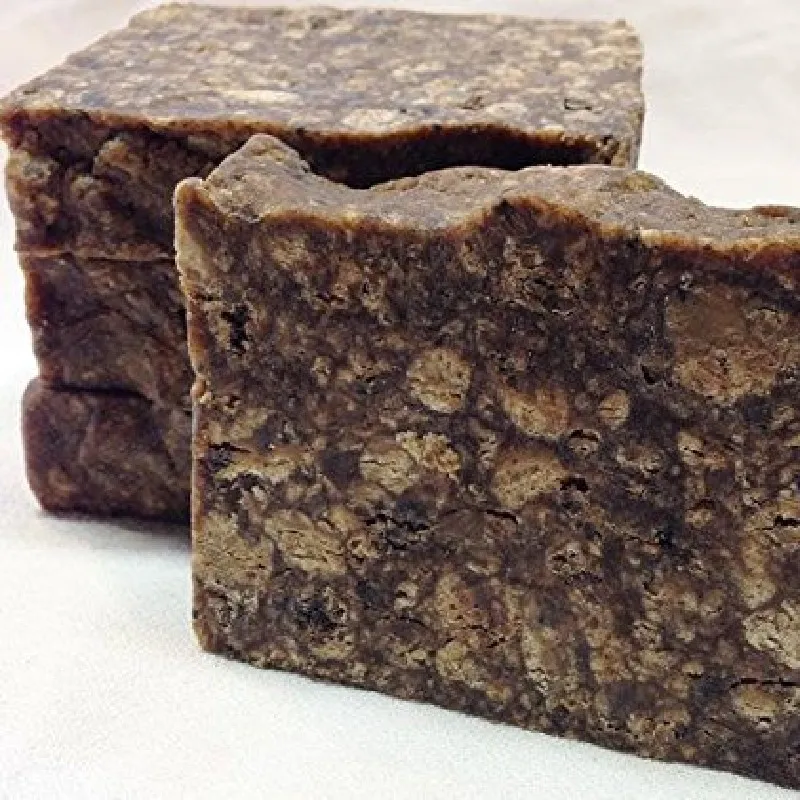
Complement your black soap routine with other skincare products. A good moisturizer is essential for hydration. Use broad-spectrum sunscreen daily. Consider a serum with Vitamin C or other antioxidants to brighten and reduce hyperpigmentation. Exfoliate one to two times per week. Use a toner after cleansing. Choose products that complement your black soap and target your specific concerns. Introduce new products gradually to monitor your skin’s reaction. Having a routine will help achieve your skin goals, and this is how to start.
Conclusion
Choosing the best whitening black soap in Nigeria requires understanding its origins, ingredients, and your skin’s needs. This guide reviewed top options and highlighted key factors. Consistency is vital; combine black soap with moisturizing, sun protection, and a healthy lifestyle. Prioritize natural ingredients and avoid harsh chemicals. Following these guidelines can lead to a brighter, healthier complexion. Consult a dermatologist regularly for personalized skin care. Black soap can be a great part of a successful routine. The key to success is persistence and understanding.
